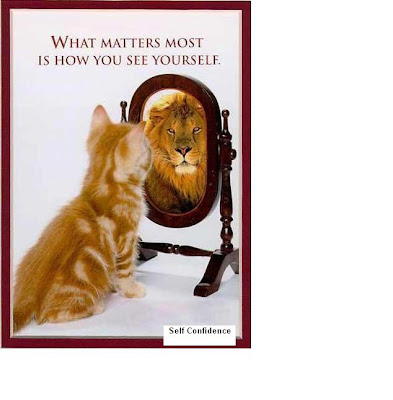Wednesday, September 10, 2008
6. William Blake

William Blake (November 28, 1757 – August 12, 1827) was an English poet, painter, and printmaker. Largely unrecognized during his lifetime, Blake's work is now considered seminal in the history of both poetry and the visual arts. Blake's prophetic poetry has been said to form "what is in proportion to its merits the least read body of poetry in the English language". His visual artistry has led one modern critic to proclaim him "far and away the greatest artist Britain has ever produced". Although he only once travelled any farther than a day's walk outside London over the course of his life, his creative vision engendered a diverse and symbolically rich corpus, which embraced 'imagination' as "the body of God", or "Human existence itself".
Considered mad for his idiosyncratic views by contemporaries, later criticism regards Blake highly for his expressiveness and creativity, as well as the philosophical and mystical undercurrents within his work. His paintings and poetry have been characterized as part of both the Romantic movement and "Pre-Romantic", for its largely having appeared in the 18th century. Reverent of the Bible but hostile to the established Church, Blake was influenced by the ideals and ambitions of the French and American revolutions, as well as by such thinkers as Jacob Boehme and Emanuel Swedenborg.
Despite these known influences, the originality and singularity of Blake's work make him difficult to classify. The 19th century scholar William Rossetti characterised Blake as a "glorious luminary," and "a man not forestalled by predecessors, nor to be classed with contemporaries, nor to be replaced by known or readily surmisable successors."
William Blake was born in 28A Broad Street, Golden Square, London, England on 28 November 1757, to a middle-class family. He was the third of 7 children,[11][12] two of whom died in infancy. Blake's father, James, was a hosier.[12] William never attended school, and was educated at home by his mother.[13] The Blakes were Dissenters, and are believed to have belonged to the Moravian Church. The Bible was an early and profound influence on Blake, and would remain a source of inspiration throughout his life.
Blake began engraving copies of drawings of Greek antiquities purchased for him by his father, a practice that was then preferred to actual drawing. Within these drawings Blake found his first exposure to classical forms, through the work of Raphael, Michelangelo, Marten Heemskerk and Albrecht Dürer. His parents knew enough of his headstrong temperament that he was not sent to school but was instead enrolled in drawing classes. He read avidly on subjects of his own choosing. During this period, Blake was also making explorations into poetry; his early work displays knowledge of Ben Jonson and Edmund Spenser.
Monday, September 8, 2008
Saturday, September 6, 2008
Thursday, September 4, 2008
1. Gender inequality grips career women
Bangalore: The working women aura is gradually declining with their inability to shatter the gender glass at workplaces. A study by the Equality and Human Rights Commission revealed that women's representation in the industries has been reduced.
The sacrifices that a women have to make are immense and despite the years of efforts to push up their strata in every sector the gender equality battle is still fought. "The low representation of women is down to straight forward discrimination in some cases, but there are some fundamental ways in which our workplace culture still holds women back," Nicola Brewer, chief executive of the commission, was quoted as saying by The Independent newspaper.
The 'super mum' concept is being wiped out with the women opting for work at the cost of family, and hence raising doubts on the most admired power to balance both work and home. According to the report in the British daily, appointments for women in public sector fell from 35.5 percent last year to 34.4 percent. The proportion of professional bodies led by a woman fell from a third in the last report to a quarter. Amongst 25 categories surveyed, only 12 categories showcase women's foothold at the pedestal. Now, even when it comes to politics, wherein the people should stand for the equality sign, there is a vast gap in the representation. Most countries in the world have failed to give due space and representation to women in their political life. Women are moving in the direction of near equal participation in only a handful of countries, such as Germany, Sweden, Norway, Denmark and Finland.
Subscribe to:
Comments (Atom)




